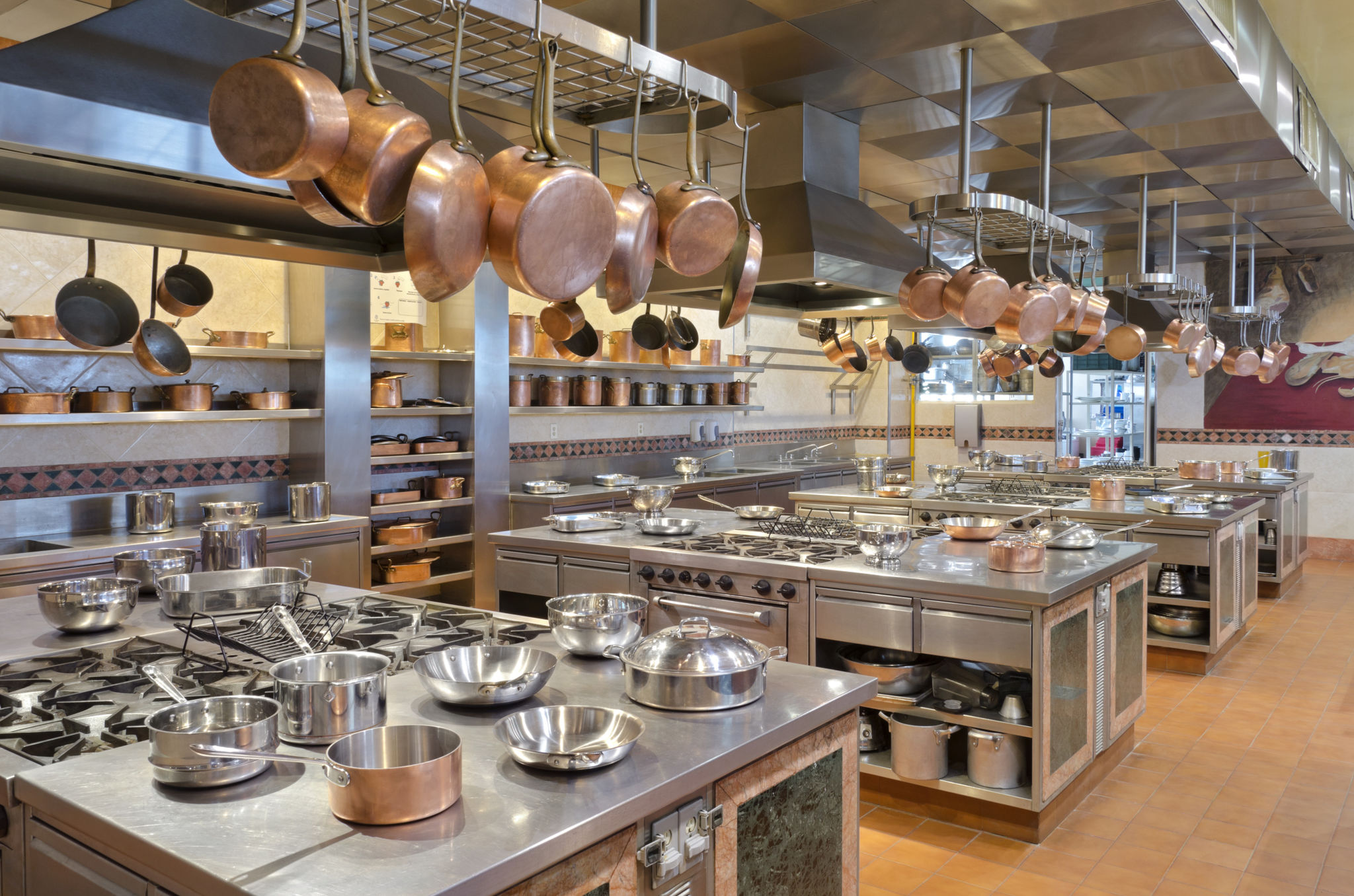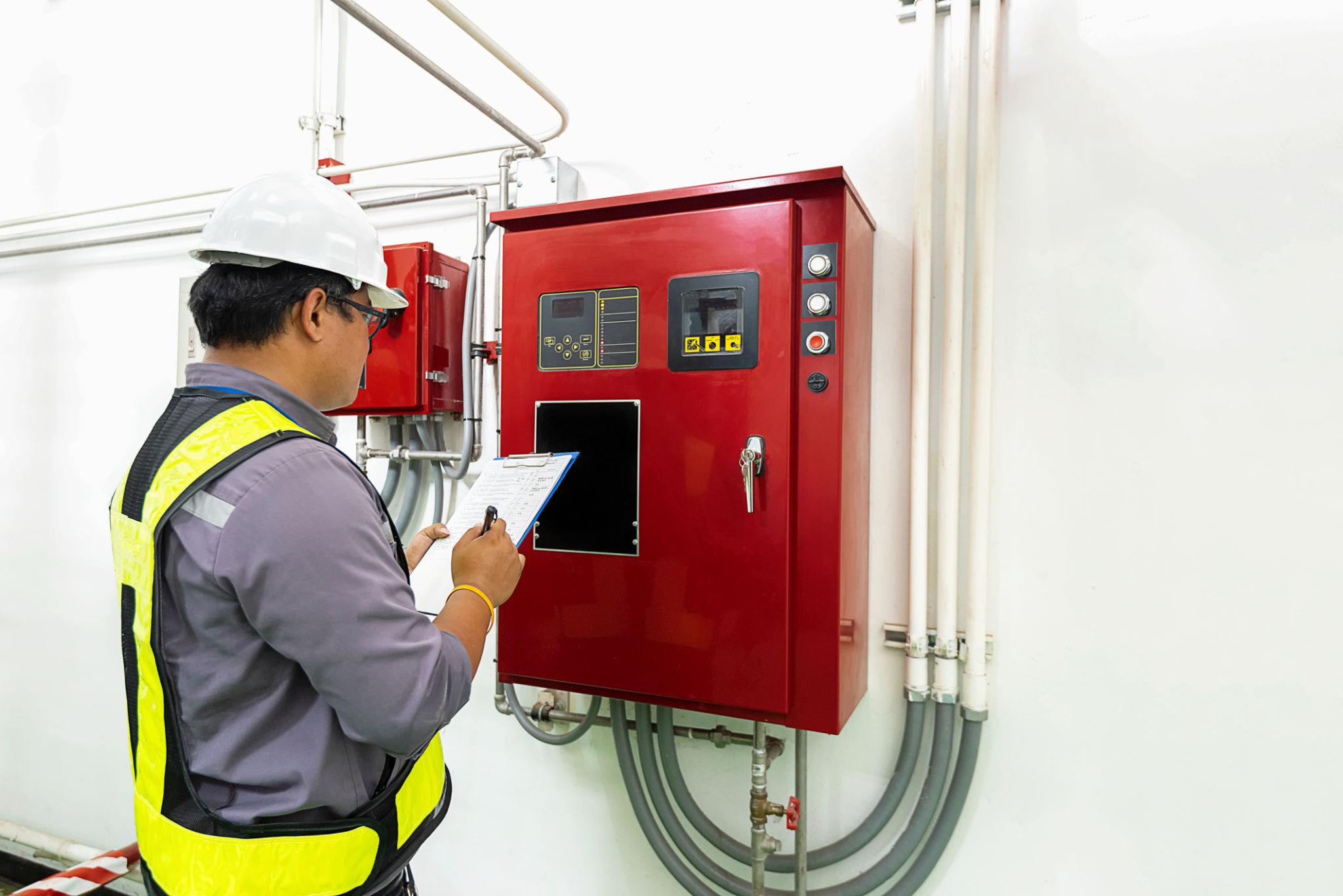Seasonal Maintenance for Restaurant Equipment: Keeping Your Business Running Smoothly
Understanding the Importance of Seasonal Maintenance
Seasonal maintenance for restaurant equipment is crucial in ensuring that your business operates efficiently and avoids unexpected breakdowns. By staying on top of regular upkeep, you can extend the lifespan of your equipment, reduce repair costs, and maintain a safe environment for both your staff and customers.

Creating a Maintenance Schedule
One of the first steps in seasonal maintenance is creating a comprehensive schedule. This schedule should include all the major equipment in your restaurant such as ovens, refrigerators, and dishwashers. Regular maintenance can be planned around the less busy times of the year, allowing you to address potential issues without disrupting your workflow.
Consider the following when developing your maintenance schedule:
- Manufacturer's guidelines for each piece of equipment.
- Frequency of use for each item.
- Historical performance and past repair needs.
The Role of Professional Inspections
While daily cleaning and minor checks can be performed by your staff, professional inspections are vital for identifying deeper mechanical issues. Hiring certified technicians to examine your equipment at least once per season can help catch and address problems early, preventing costly repairs and downtime.

Professional inspections provide several benefits:
- Ensure compliance with health and safety standards.
- Identify worn-out parts before they fail.
- Optimize equipment performance for energy efficiency.
Regular Cleaning and Lubrication
Routine cleaning is an essential aspect of maintaining your restaurant equipment. Grease build-up and debris can lead to significant issues if not addressed regularly. Ensure that your staff is trained to clean each piece of equipment according to its specific needs. Proper lubrication of moving parts can also prevent wear and tear.

Monitoring Equipment Performance
In addition to scheduled maintenance, monitoring your equipment’s performance can provide early warnings of potential failures. Pay attention to unusual noises, temperature fluctuations, or extended cooking times. These signs may indicate a need for immediate attention, preventing further damage.
Encourage staff to report any anomalies they notice during their shifts, and keep a log of these observations to discuss with your maintenance provider.
Investing in Staff Training
Your staff plays a crucial role in maintaining the longevity of your restaurant equipment. Regular training sessions on proper use, cleaning techniques, and basic troubleshooting can empower them to take proactive steps in preventing issues. Well-trained staff can become your first line of defense against equipment failure.

The Cost Benefits of Seasonal Maintenance
While it may seem like an upfront expense, investing in seasonal maintenance is a cost-effective strategy in the long run. By minimizing the risk of major breakdowns and extending the life of your equipment, you can save significantly on repairs and replacements. This proactive approach also enhances operational efficiency, contributing positively to your bottom line.
Overall, prioritizing seasonal maintenance for your restaurant equipment not only ensures smooth operations but also supports the long-term success of your business. By implementing a comprehensive plan and engaging professionals as needed, you can keep your kitchen running at peak performance all year round.